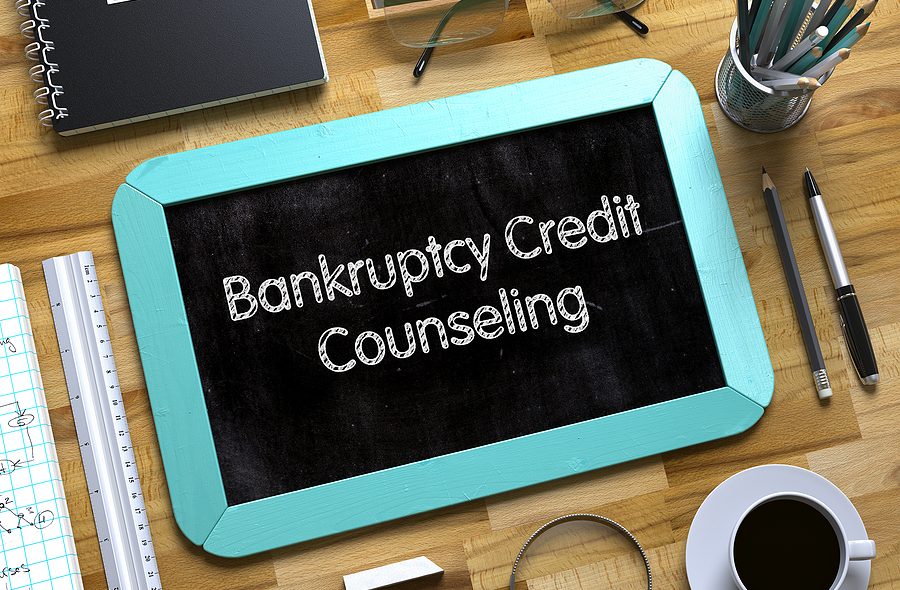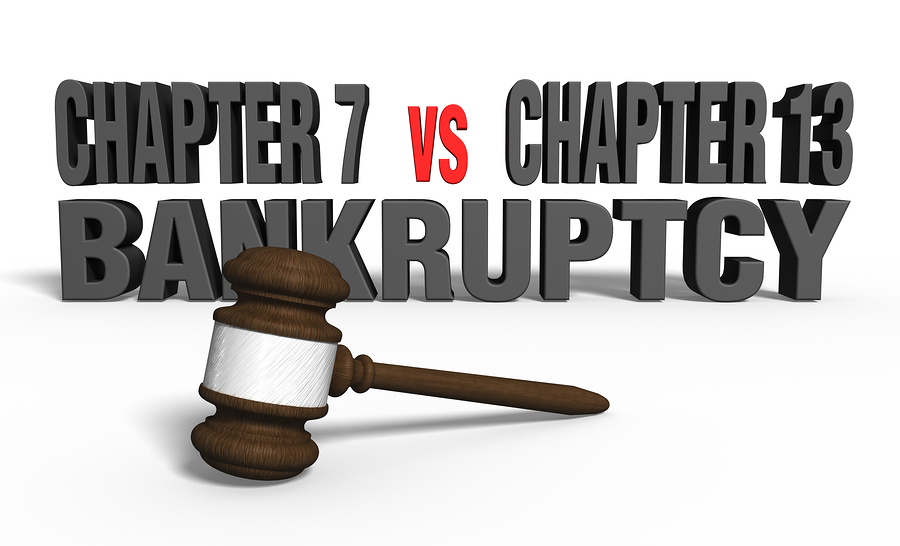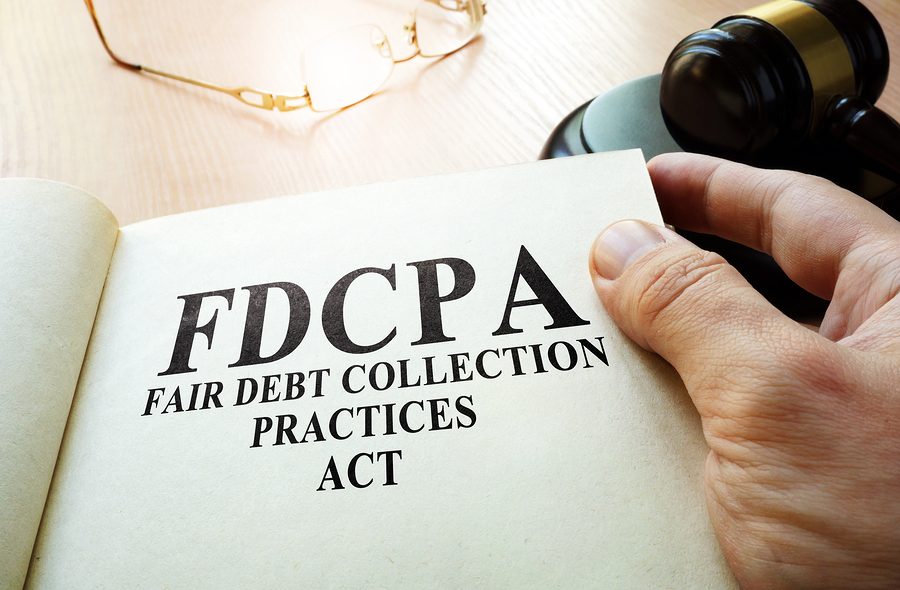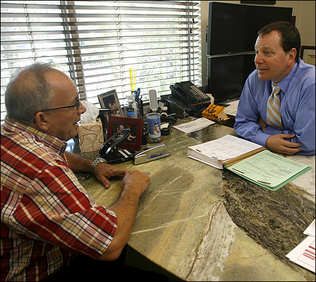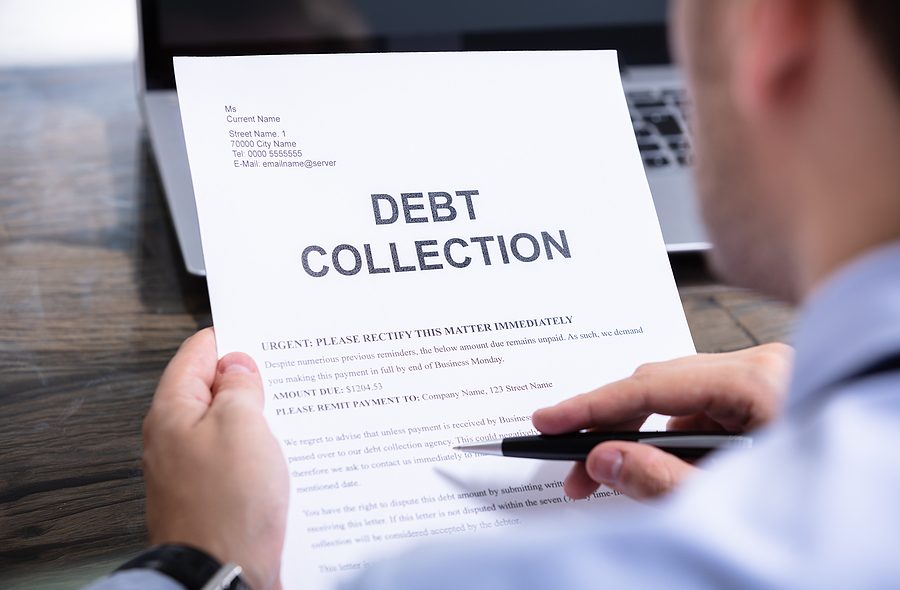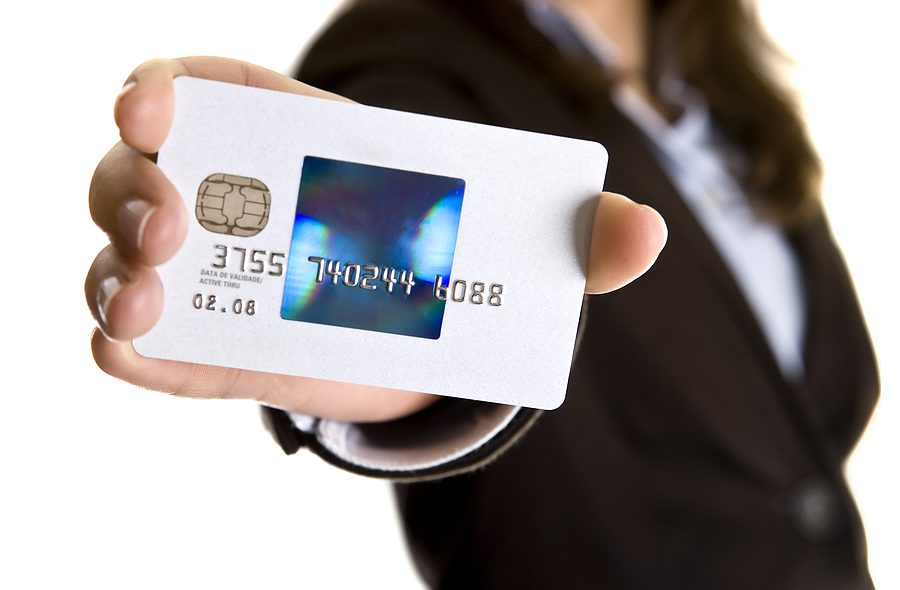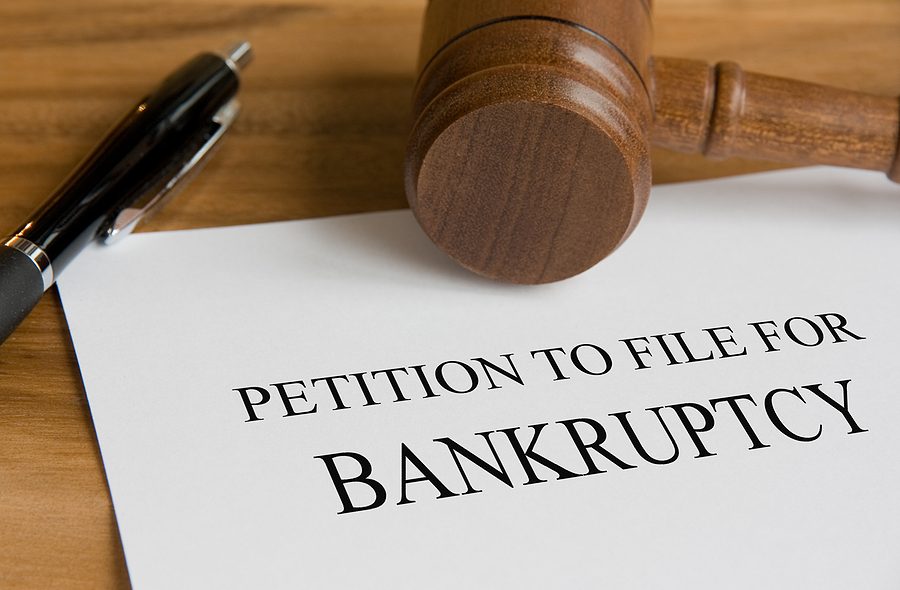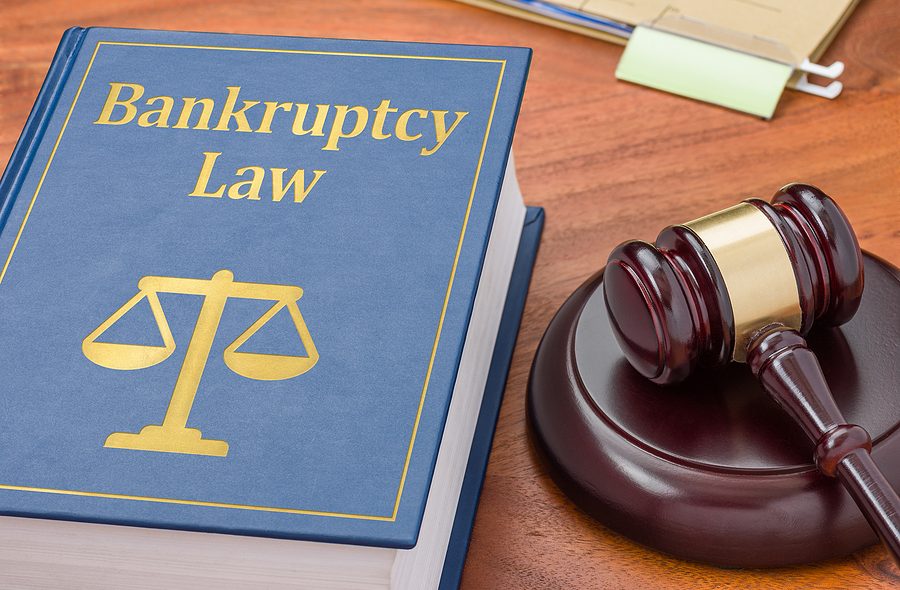The economic impact caused by the coronavirus (COVID-19) pandemic has been substantial throughout the country, and Miami Beach is not excluded. Countless businesses have been forced to close temporarily and many even permanently. While technically the number of bankruptcies were down at the end of 2020 nationwide, financial experts fear that the number of bankruptcy filings will increase over the next several years.
While the number of consumer bankruptcies were down nationwide, the number of Chapter 11 business bankruptcies saw an increase of 18.7 percent when compared to 2019. This form of bankruptcy is normally used by businesses that hope to stay in operation through the Chapter 11 bankruptcy process that allows them to renegotiate their debts. Several larger businesses, including Neiman Marcus and J.C. Penney filed for Chapter 11 in 2020.
Specifically, in Florida, a total of 37,776 bankruptcies were filed in 2020, which is 19.26 percent lower than the 46,786 filed in 2019. Of all the bankruptcy cases filed in 2020, businesses accounted for four percent of these cases. This number may seem small, but business bankruptcies tend to have a significant effect far past the bankruptcy case alone, including the effect these closures and filings have on the individual employees who lost their job as a result.
Many times, a ripple effect can be seen on other businesses after one or more close.
According to figures from the U.S. Courts Administrative Office, a total of 7,430 bankruptcies were filed in Miami-Dade County in 2020. This figure is slightly less than the 8,705 filed in 2019.
While consumer bankruptcies were down in Miami-Dade County, the number of business bankruptcies saw a slight increase. It is reported that 322 Miami area business bankruptcies were filed in 2020, as compared to 215 filed in 2019. Of these cases filed in 2020, 188 of them were filed under Chapter 7, commonly referred to as a liquidation bankruptcy. Only 129 Chapter 7 business cases were filed in 2019.
Miami-Dade County did see an increase in the number of Chapter 11 bankruptcy case filed in 2020. Approximately 120 were filed in 2020, as compared to the 62 filed in 2019.
Individual consumer bankruptcies in Miami-Dade County did not see the same increase, however. According to court filings, a total of 7,108 non-business consumer bankruptcy cases were filed in 2020, as compared to the 8,490 filed in 2019. Of these cases, 4,841 were Chapter 7 filings and 2,260 were Chapter 13 filings. In comparison, 5,067 Chapter 7 cases were filed while 3,414 Chapter 13 cases were filed in 2019.
Despite the decrease between 2019 and 2020, financial experts predict these numbers will continue to increase through 2021 and beyond. As the COVID-19 pandemic continues, more and more businesses and individuals will continue to feel the economic impact of this crisis.
Please click here to read more.
If you have questions on this topic or are in financial crisis and considering filing for bankruptcy, contact an experienced Miami bankruptcy attorney who can advise you of all of your options. As an experienced CPA as well as a proven bankruptcy lawyer, Timothy Kingcade knows how to help clients take full advantage of the bankruptcy laws to protect their assets and get successful results. Since 1996 Kingcade Garcia McMaken has been helping people from all walks of life build a better tomorrow. Our attorneys’ help thousands of people every year take advantage of their rights under bankruptcy protection to restart, rebuild and recover. The day you hire our firm, we will contact your creditors to stop the harassment. You can also find useful consumer information on the Kingcade Garcia McMaken website at www.miamibankruptcy.com.

